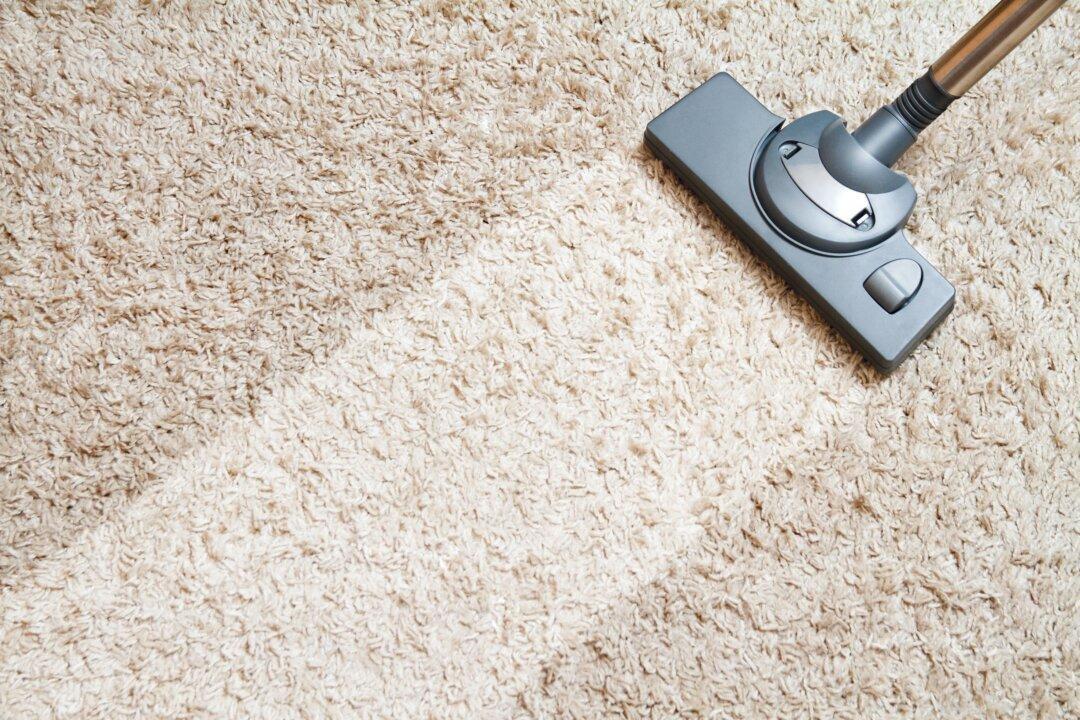Dear Cheapskate: Help! I dripped latex paint on my new carpeting and discovered it too late. It dried hard, and I’m afraid the carpet is ruined.—Ruby R., California
Dear Ruby: Relax. Even if it’s been there for a long time, you can get latex paint out of carpet or any type of fabric with lacquer thinner (not paint thinner!) available at hardware stores or home improvement centers. Using a clean white cloth, saturate the dried paint with the lacquer thinner until you can tell the hardened paint is softening. Gently blot with a clean area of the cloth. Be patient. Keep working at it until the paint is out completely. Be sure to test the carpet or fabric for colorfastness in an inconspicuous place first (in a closet or behind the sofa) so you will know exactly how it reacts with your specific carpet (I am very hopeful). Remember to always store lacquer thinner out of the reach of children and pets.





